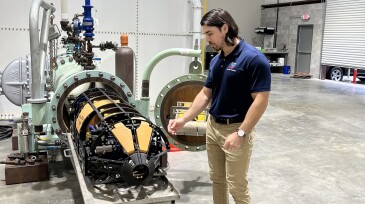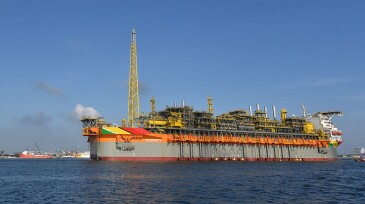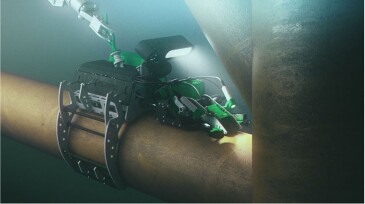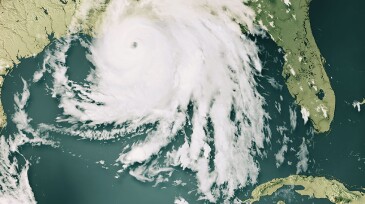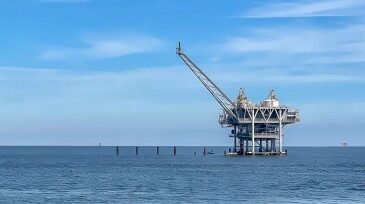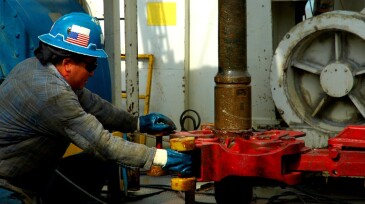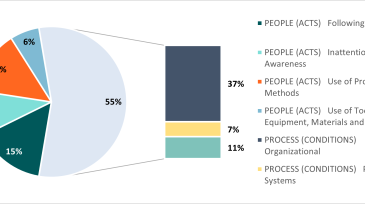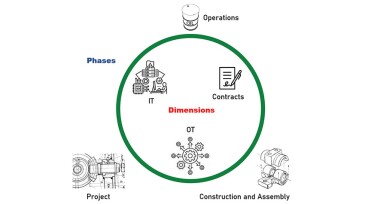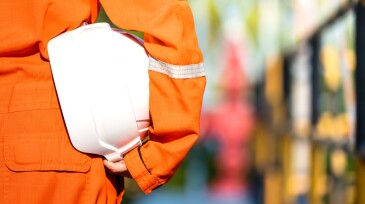Safety
The company said its frequency of serious incidents was down at the end of the year from its levels at the end of 2024.
This paper examines how real-time monitoring can improve both incident prevention and emergency response in the oil and gas industry. Drawing from real-world examples and case studies, it provides practical strategies for implementing this technology effectively.
This paper presents a novel application of artificial intelligence in computer vision for automating blowout-preventer pressure-chart-data extraction, demonstrating significant efficiency gains and a high return on investment.
-
The traditional method of inspecting tanks puts workers in danger. Using robots instead can keep workers out of harm’s way.
-
Since the late 1930s, the offshore industry has advanced from the first platform in 14 ft of water to the ultradeepwater 20K era. Driven by seismic, drilling, and development breakthroughs, the industry has pushed into deeper waters, high-pressure reservoirs, and new frontiers like Guyana, continually expanding the limits of offshore exploration.
-
This paper presents an automated underwater robot and a nondestructive testing eddy-current probe for alternating-current field measurement analysis of jacket main welds.
-
Hurricane prognosticators continue to believe the 2024 Atlantic storm season will be more active than normal, even after a somewhat slow start. In any case, the oil field is ready.
-
The updated rules are designed to increase safety during operations in the US Outer Continental Shelf, including in high-pressure/high-temperature environments in the Gulf of Mexico.
-
This paper explores the use of human-factors analysis and classification systems in comprehending hand and finger injuries in the oil and gas industry.
-
SponsoredDive into TAQA’s digitalization and deep learning initiatives that are shaping the company's new approach to its Journey Management System. This innovative concept minimizes transportation-related risks in a period of rapid operations expansion.
-
This paper shows real case applications from two organizations where a Permanent Attention program has generated significant improvement in the participants’ situational awareness competency and nontechnical skills acquisition and retention.
-
This paper presents an integrated view of three key areas of knowledge that typically are addressed individually—cybersecurity, process safety, and human factors—from the perspective of cybersecurity.
-
The HSE executive is urging offshore companies to take a closer look at human factors after inspectors formed the opinion that Apache failed to fully consider human factors as part of its plans to prevent a fire and explosion on one of its North Sea platforms.




